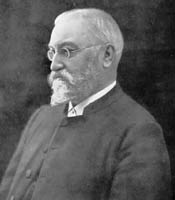A Quote by John le Carre
'The Spy Who Came in from the Cold' was the work of a wayward imagination brought to the end of its tether by political disgust and personal confusion.
Related Quotes
The Spy Who Came in from the Cold was the work of a wayward imagination brought to the end of its tether by political disgust and personal confusion. Fifty years on, I don't associate the book with anything that ever happened to me, save for one wordless encounter at London airport when a worn-out, middle-aged military kind of man in a stained raincoat slammed a handful of mixed foreign change on to the bar and in gritty Irish accents ordered himself as much Scotch as it would buy. In that moment, Alec Leamas was born. Or so my memory, not always a reliable informant, tells me.
Of John Le Carre's books, I've only read 'The Spy Who Came In From The Cold,' and I haven't read anything by Graham Greene, but I've heard a great deal about how 'Your Republic Is Calling You' reminded English readers of those two writers. I don't really have any particular interest in Cold War spy novels.
You're often looking at writing from writers who, for the most part, are working in forms that traditionally fit into other genres. But sometimes, in the midst of their better-known stuff, there's this wayward thing, and because it's wayward it isn't considered representative of their work, so it falls through the cracks.
I tell you, Mr. Okada, a cold beer at the end of the day is the best thing life has to offer. Some choosy people say that a too cold beer doesn't taste good, but I couldn't disagree more. The first beer should be so cold you can't even taste it. The second one should be a little less chilled, but I want that first one to be like ice. I want it to be so cold my temples throb with pain. This is my own personal preference of course.


































